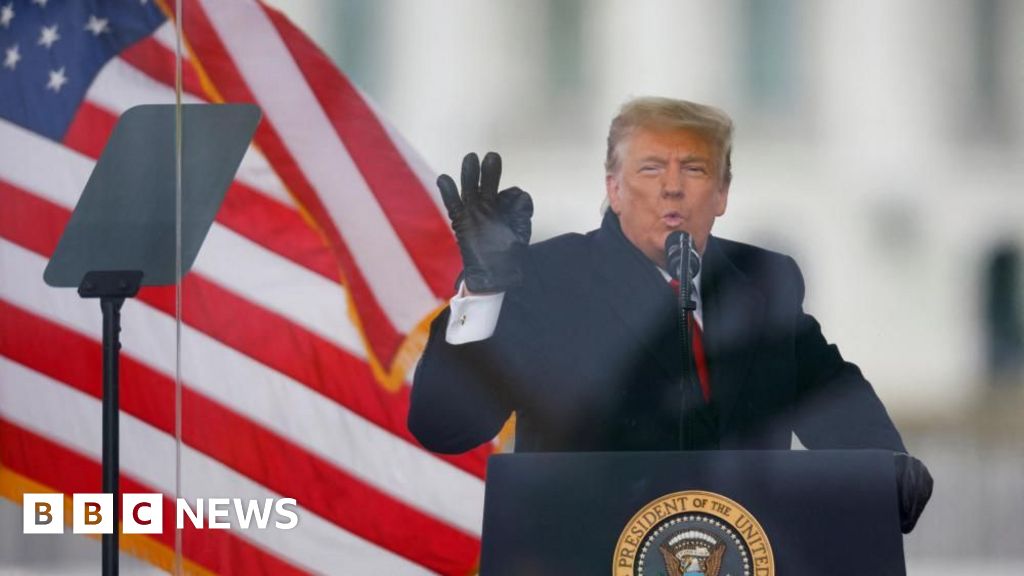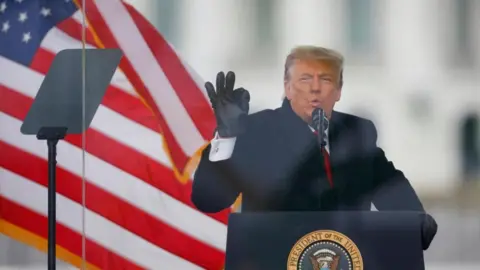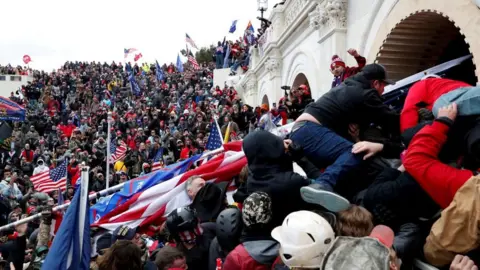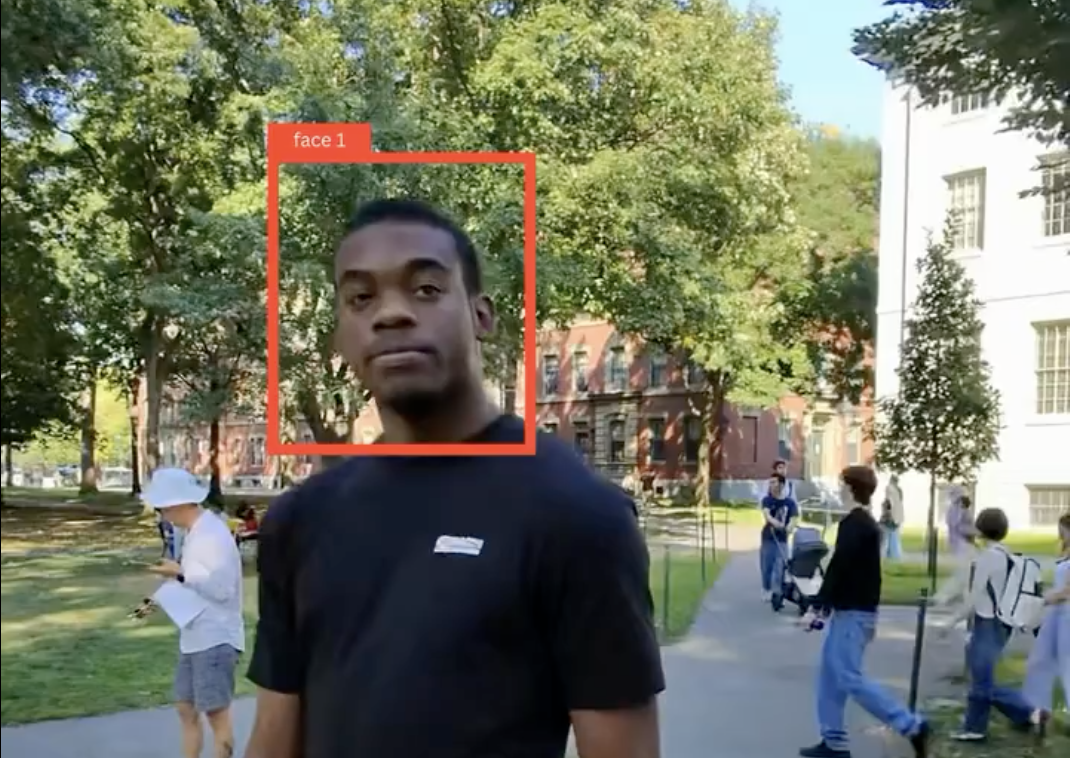191
Steve Macek
On September 4, the Department of Justice seized 32 internet domains alleged to be part of a Russian government “covert operation to interfere in and influence the outcome of” US elections. That same day, the DOJ unveiled an indictment of two employees of RT, a Russian state-controlled media outlet, for money laundering and spending $10 million to co-opt online US commentators in an effort to distribute “pro-Russian propaganda and disinformation” to American audiences.
Stories about Russian attempts to influence American elections are, of course, nothing new. After all, during the four years of Trump’s presidency, the big commercial news media devoted hours of programming and countless column-inches of coverage to “Russiagate,” the now-largely-debunked theory that Donald Trump or his campaign actively colluded with Russia to sway the 2016 presidential election. While there is no question that Russian intelligence operatives attempted to spread misinformation and purchased digital ads designed to impact the 2016 election, claims by news outlets, such as the New York Times, that these operatives were responsible for “the most effective foreign interference in an American election in history” are almost certainly overblown and exaggerated.
The fact is that the minions of Vladimir Putin are not the only foreign nationals scheming to influence our politics. Ongoing under-the-radar efforts by foreign-influenced companies and lobbyists for other countries designed to shape US elections and policy-making may not get the headlines that Russian propaganda operations do, but may ultimately be more effective and potentially even more damaging to our democracy.
Ignoring Dark Money Meddling by Foreign-Influenced Companies
Federal law prohibits contributions or expenditures made directly or indirectly by foreign nationals intended to influence US elections.
The first things that come to most people’s minds when they think about foreign meddling in US politics are cases in which American politicians or campaign operatives knowingly accept illegal contributions from foreign donors. Such cases do occur. For instance, New York City Mayor Eric Adams was recently indicted for knowingly accepting campaign donations from Turkish businessmen over a number of years. Last year, Republican campaign strategist Jessie Benton was sentenced to eighteen months in prison for soliciting an illegal contribution from a Russian businessman to Donald Trump’s presidential campaign.
But far more common and far more troubling are cases in which foreign-influenced companies make use of what are, in the United States, perfectly legal campaign finance mechanisms to obscure independent expenditures aimed at influencing the outcome of elections in ways that are not coordinated with a particular candidate or party.
In a pair of 2010 cases, Citizens United v. FEC and SpeechNow.org v. FEC, the Supreme Court held that legal restrictions on independent political expenditures by corporations, unions, and nonprofits violate the First Amendment and that organizations may raise and spend unlimited amounts of money on elections as long as they do not coordinate their spending with candidates, parties, and campaigns. Much of the independent money spent on elections is funneled into two sorts of organizations—super PACs, independent political action committees that can spend unlimited amounts on political messaging and campaign ads but must disclose their donors, and tax-exempt 501(c)4 “social welfare” organizations, which cannot spend the majority of their budgets on political activity but do not have to disclose their donors. Moreover, 501(c)4 organizations can, in turn, donate funds to super PACS, thereby rendering anonymous or “dark” expenditures by corporations and other deep-pocket donors intended to sway voters. Since 2010, the watchdog organization Open Secrets has tracked more than $2.8 billion in “dark money”—political expenditures from undisclosed sources—that has flooded into our elections.
The same legal loopholes that allow all wealthy corporations and individuals to spend millions in “dark money” to shape the political process also permit US corporations that are subsidiaries of foreign companies, or that have significant foreign ownership, to pour untraceable money into US elections. According to one estimate, 40 percent of US corporate equity is owned by foreign investors. A recent Open Secrets study of political expenditures by foreign-influenced corporations—corporations with more than 5 percent aggregate foreign ownership or individual foreign ownership of more than one percent—in state elections in Colorado, Michigan, Minnesota, Montana, New York, and Washington found that such companies were responsible for $163 million in contributions from 2018 to 2022. Meanwhile, foreign-connected company PACs spent nearly $20 million on federal elections in 2022 alone.
And just like domestic dark money funders, foreign-connected corporations often funnel their political spending through various “shell” and “front” organizations that make their spending exceedingly difficult to trace. For example, oil and gas giants BP and Shell are both wholly owned subsidiaries of foreign corporations. They are also both members of the US Chamber of Commerce, which is a major front of dark money spending, shelling out millions each year on “electioneering communication” in support of candidates it favors. The Chamber refuses to disclose its members or how much they each contribute to the funding of the organization’s vast lobbying and political influence operations. As a result, there is no way of knowing how much of the dark money the group disperses originates with foreign-connected companies.
The issue of dark money spending by foreign-influenced companies, like dark money spending in general, has been largely ignored by the corporate media. Two years ago, the Federal Election Commission fined Canadian billionaire steel magnate Barry Zekelman’s businesses nearly a million dollars for making $1.75 million in illegal campaign contributions to American First Action, a pro-Trump political action committee, in 2018. The fine was so unusual—and so large—that it received coverage in the New York Times and Newsweek. But, sadly, the FEC’s actions received more coverage in Zekelman’s home country of Canada than it did in the country whose election laws he violated.
Scant Coverage of Donations from Lobbyists for Foreign Powers
Another channel of foreign influence on our elections is campaign contributions made by foreign lobbyists.
Under the Foreign Agents Registration Act (FARA), individuals or entities engaged in lobbying or advocacy for foreign interests in the United States must register with the Department of Justice, report their activities, and disclose the pay they receive. According to Open Secrets, registered foreign agents “during the 2020 election cycle made at least $8.5 million in political contributions. Another $25 million in 2020 political contributions came from lobbyists representing foreign clients, including US subsidiaries owned or controlled by foreign parent companies, registered under the Lobbying Disclosure Act.” In July, Ben Freeman and Nick Cleveland-Stout of the Quincy Institute for Responsible Statecraft released a brief, “Foreign Lobbying in the US,” in which they report that “in 2022 and 2023, FARA registrants reported $14.3 million in political contributions.” Even more concerning, their research shows that “authoritarian regimes represent a majority of the most active countries—including Saudi Arabia and the UAE, which placed first and fourth, respectively, among the countries most engaged in political activities under FARA from 2022–23.”
Consider, for example, the political fundraising and lavish campaign spending orchestrated by Norm Coleman, former Republican Senator for Minnesota and a registered foreign agent representing the interests of the Kingdom of Saudi Arabia. As Responsible Statecraft reported in 2022, Coleman and his colleagues at the law firm of Hogan Lovells have a $175,000 per month lobbying contract with Saudi Arabia. Coleman is also the founder and chairman of the Congressional Leadership Fund (CLF), a super PAC that raised and spent some $165 million to elect Republicans to the House of Representatives in 2019–2020. So far, in the 2023–2024 cycle, the super PAC has raised approximately $131 million.
Coleman also chairs the dark money group American Action Network (AAN), a 501(c)4 “social welfare” organization that can devote some of its budget to electioneering but is not required to disclose the names of its donors. The organization describes the CLF as its “sister super PAC.” According to Responsible Statecraft, AAN—helmed by a foreign agent for Saudi Arabia—contributed some $30 million to the CLF’s pool of funds for the 2020 campaign cycle. Because AAN is not required to disclose its donors, there is no way of knowing whether some of the dark money it funneled to the CLF originated from non-US sources or not. At the very least, the arrangement is enough to arouse suspicion.
Over the past eight years, the establishment press has run perhaps a dozen articles on Saudi lobbying that contain brief allusions to Coleman’s post-Congress career as a shill for the Kingdom. He was name-checked in passing as Hogan Lovells’s “point person for Saudi work” in an October 11, 2018, New York Times article on the PR fallout from the murder of Saudi journalist Jamal Khashoggi. Coleman’s use of his “Hill contacts” to work on the Saudi’s behalf was referenced in a 2021 Washington Post report about the firms that dictators hire to clean up their images. Stunningly, however, only one of these articles, an October 21, 2018, Washington Post article on “the Saudi’s Washington influence machine,” bothered to mention that Coleman “also founded a super PAC,” but even then failed to identify the Congressional Leadership Fund by name or to mention the tens of millions it spends on electioneering. The New York Times has run a few articles discussing Coleman’s role as chair of AAN and/or the CLF. Amazingly, though, no establishment news outlet connected Coleman’s vigorous fundraising for the CLF and AAN with his advocacy work for the Saudis.
Where is the Reporting on Legislation to Limit the Influence of Foreign Money on Our Politics?
Not surprisingly, the corporate media have also consistently ignored efforts by citizens and elected officials to limit the influence of foreign money on our politics.
On April 13, 2023, the governor of Minnesota, Tim Walz, signed into law the Democracy for the People Act that, among other things, prohibits “any company that is five percent or more owned by multiple foreign owners, or one percent or more owned by a single foreign owner, from spending money in Minnesota state or local elections or donating money to a super PAC or other entity to spend.” The law had been pushed by a coalition of unions and civic groups called Expanding Democracy. Shortly after Walz signed the law, the Minnesota Chamber of Commerce sued to invalidate the prohibition on campaign spending by foreign-influenced corporations. US District Court Judge Eric Tostrud granted a preliminary injunction preventing the law from going into effect while the Chamber of Commerce lawsuit wends its way through the courts.
Despite this, Minnesota’s law has become a model for other states. Over the summer, the Pennsylvania House passed identical legislation, and supporters of the bill marched thirty-five miles to the state capitol in Harrisburg to urge the Pennsylvania Senate to ratify the bill. In July, Ohio passed a bill that banned spending by foreign-influenced businesses and green-card holders on ballot initiative campaigns (which was subsequently blocked by a judge’s order). At the federal level, Democratic legislators in both the Senate and the House introduced the Get Foreign Money Out of US Elections Act, which would “ban firms with either 5% of foreign ownership in aggregate or 1% ownership by a single foreign entity from electoral spending.” Opinion polling suggests that strong, bipartisan majorities of voters want to prevent foreign-controlled corporations from influencing our politics.
Yet, the establishment media have, to date, not reported on legislative initiatives to limit foreign influence on US elections. Most reporting on bills like the Democracy for the People Act has come from independent, not-for-profit, and local media. If the issue of foreign dark money corrupting our elections received even a fraction of the attention that Russiagate or Trump’s bogus claims about undocumented immigrants voting illegally have, Congress and state legislatures would have no choice but to act.











































































































































You must be logged in to post a comment Login